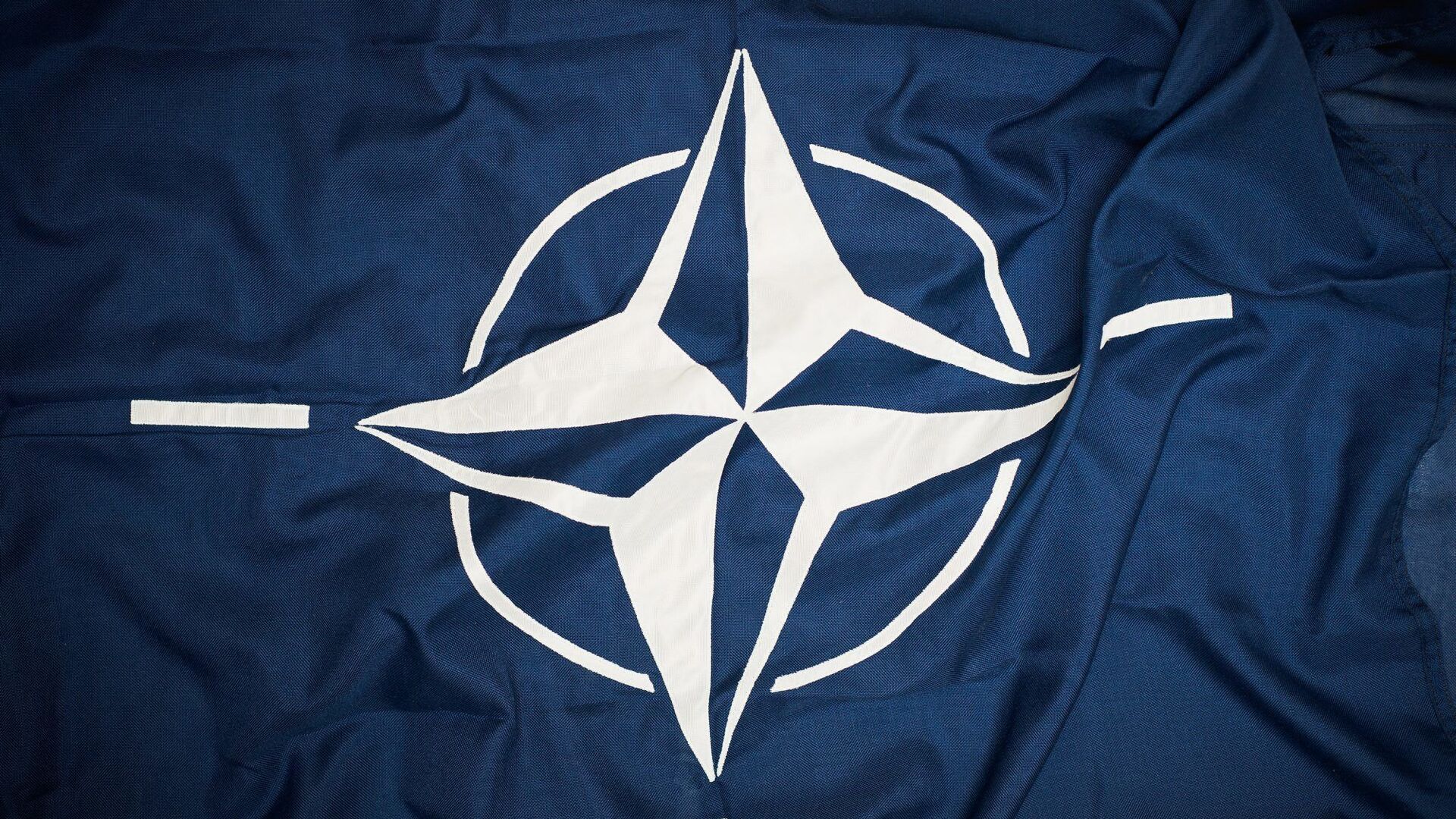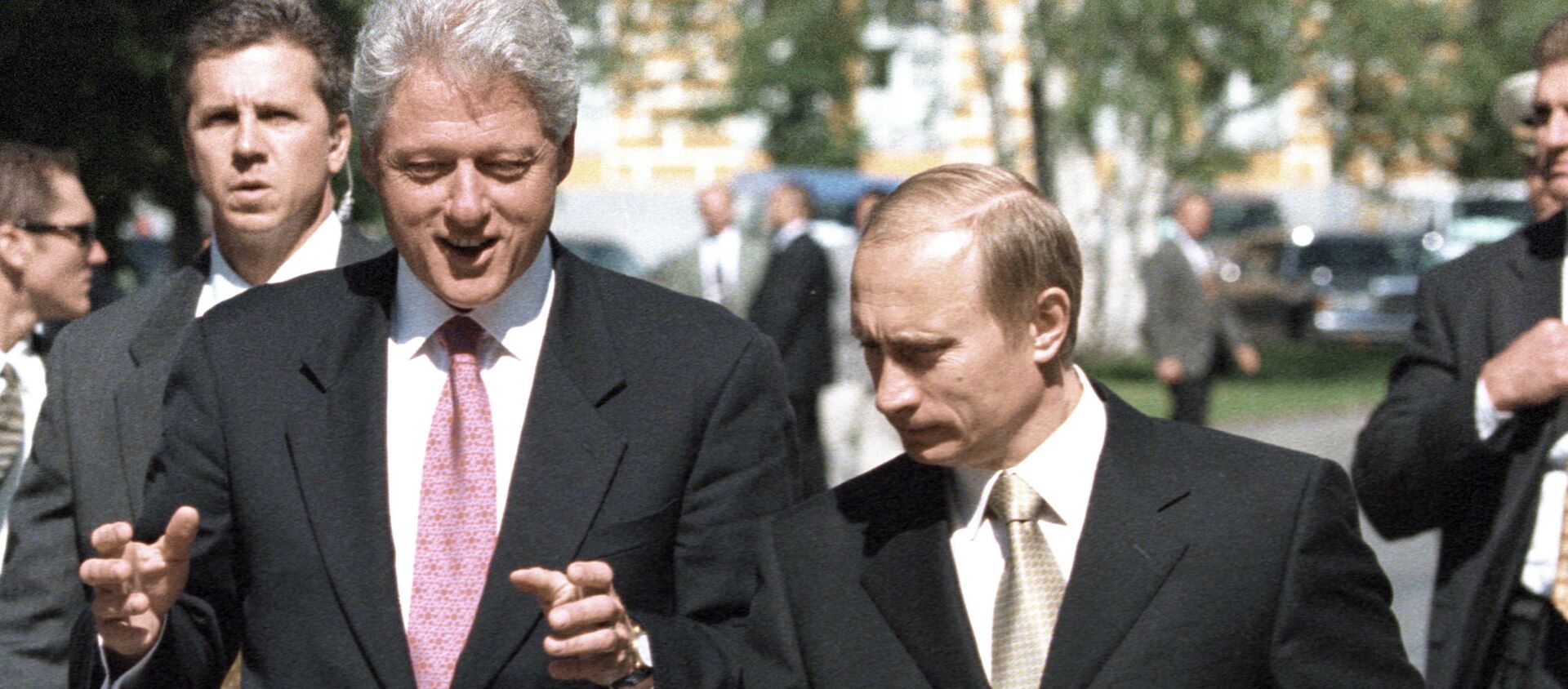The Russian Foreign Ministry has taken to Twitter to comment on the anniversary of the founding of NATO, comparing the alliance’s spending to that of Russia and other countries, and suggesting that the bloc’s stated aim of “securing peace” doesn’t mesh with its aggressive operations in Yugoslavia, Iraq, Libya, and elsewhere.
“On this day 72 years ago @NATO was founded with a declared purpose of ‘securing peace’. By now, on its account [are the] bombing of Yugoslavia, invasion of Iraq, intervention in Libya –and more,” the ministry tweeted, pointing out that the alliance’s defence spending grew 7.4 percent in 2020 alone, contributing to the global arms race.
#OTD 72 years ago @NATO was founded with a declared purpose of “securing peace”.
— MFA Russia 🇷🇺 (@mfa_russia) April 4, 2021
⚫️By now, on its account: bombing of Yugoslavia, invasion of Iraq, intervention in Libya - and more.
🛦 In 2020, #NATO “defence” expenditures increased by yet another 7,4%. pic.twitter.com/YEBOT4aQiZ
The ministry accompanied the tweet with a chart showing NATO’s $1.09 trillion in spending in 2020 compared to Russia’s $50 billion and the rest of the world’s $790 billion in spending during the same period.
In a separate tweet, Russia’s Arms Control Delegation in Vienna suggested that the alliance had “failed to adapt to the new security environment,” remaining “obsessed with deterring a mythical ‘threat from the east’ that does not exist” instead of “joining broad international efforts to banish new threats and challenges.”
#NATO has failed to adapt to the new security environment. Its #1949GeneticCode is gaining the upper hand. Instead of joining broad international efforts to ❌ new threats & challenges, the #Alliance is obsessed w/deterring a mythical “threat from the east” that does not exist. https://t.co/C4rjihFJOY
— Russian Arms Control Delegation in Vienna (@armscontrol_rus) April 4, 2021
Last month, NATO Secretary Jens Stoltenberg said Russia and China’s growing cooperation, including in the military sphere, “defines the challenges facing NATO,” and indicated that defence spending hikes seen in 2020 would continue in 2021.
NATO spends the equivalent of over 21 times what Russia does on the military, with the US alone expected to devote over $705 billion to defence in 2021, with further hikes equivalent to an entire year’s worth of defence spending by Russia expected in fiscal year 2022.
Once its Soviet raison d’etre disappeared in 1991, instead of dissolving itself, NATO would go on to incorporate Poland, the Czech Republic and Hungary by the late 1990s, and Bulgaria, Romania, Slovakia, Slovenia, Estonia, Latvia, and Lithuania the mid-2000s. Albania and Croatia joined the alliance in 2009, and Montenegro and North Macedonia acceded in 2017 and 2020, respectively. Bosnia and Herzegovina, Ukraine, and Georgia have been labeled “aspirant countries.”



